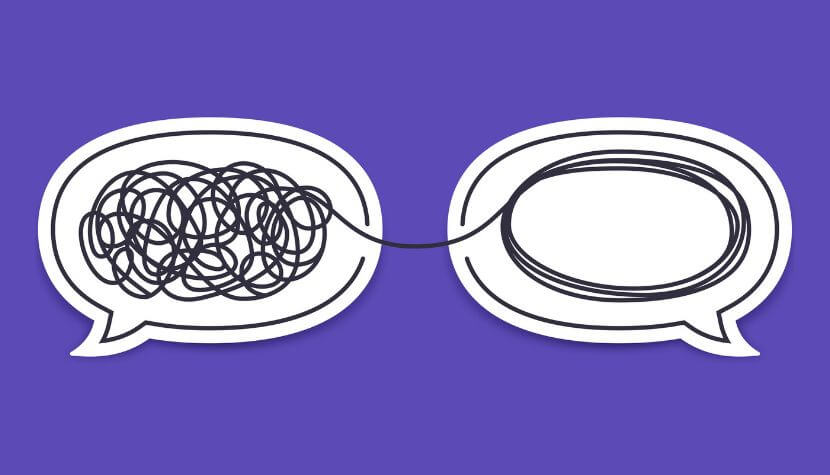
Can you tell the difference between a mental health myth and a fact? Learn the TRUTH about the most common mental health myths.
Myth: Mental health problems don’t affect me.
Fact: Mental health problems are actually VERY common. More than 50% will be diagnosed with a mental illness or disorder at some point in their lifetime.
Myth: Children don’t experience mental health problems.
Fact: Young children may show early warning signs of mental health concerns. These mental health problems are often clinically diagnosable and can be a product of the interaction of biological, psychological, and social factors. Half of all mental health disorders show first signs before a person turns 14 years old, and three-quarters of mental health disorders begin before age 24. Unfortunately, only half of children and adolescents with diagnosable mental health problems receive the treatment they need. Early mental health support can help a child before problems interfere with other developmental needs.
Myth: People with mental health problems are violent and unpredictable.
Fact: The vast majority of people with mental health problems are no more likely to be violent than anyone else. Most people with mental illness are not violent, and only 3%–5% of violent acts can be attributed to individuals living with a severe mental illness. People with extreme mental conditions are over ten times more likely to be victims of violent crime than the general population. You probably know someone with a mental health problem and don’t even realize it because many people with mental health problems are highly active and productive members of our communities.
Myth: There is no hope for people with mental health problems. Once a friend or family member develops mental health problems, they will never recover.
Fact: Studies show that people with mental health problems get better, and many recover completely. Recovery refers to how people can live, work, learn, and participate fully in their communities. There are more treatments, services, and community support systems than ever before, and they work.
Myth: Therapy and self-help are a waste of time. Why bother when you can just take a pill?
Fact: Treatment for mental health problems varies depending on the individual and could include medication, therapy, or both. Many individuals work with a support system during the healing and recovery process.
Myth: I can’t do anything for a person with a mental health problem.
Fact: Friends and loved ones can make a HUGE difference. In 2020, only 20% of adults received any mental health treatment in the past year, including 10% who received counseling or therapy from a professional. Friends and family can be influential in helping someone get the treatment and services they need by reaching out and letting them know you are available, learning and sharing the facts about mental health, treating them with respect, and refusing to define them by their diagnosis.
About Integrated Behavioral Health
When patients seek care at a primary care office within Community Care Physicians, they receive care for what brought them there, but they also get an additional service: access to integrated behavioral health. Traditionally, behavioral health issues have been treated separately from physical health issues. This distinction, now, doesn’t always exist. Our mind and body are connected, and your care should reflect that. Sometimes when we hear “behavioral health,” we only think of depression, substance abuse, anxiety, etc. While those are part of it, behavioral health is much broader. Conditions like back pain, chronic illnesses, and obesity often have a behavioral health component. When care for both the mind and body is connected, patient outcomes and satisfaction improve.
CCP offers access to licensed mental health counselors and clinical social workers as Behavioral Health Consultants (BHCs). These Behavioral Health providers assist our patients with mental health issues, substance use issues, daily and chronic stress, coping, behavior and lifestyle change, and the behavioral management of chronic diseases. Visits with a BHC are typically 30 minutes and focused on symptom improvement and coping skills. To connect with one of our Behavioral Health Consultants via telemedicine, call our behavioral health schedulers at 518-836-3656 or 518-213-0584, or you can request an appointment online. If you are a CCP patient, you can also contact your primary care provider to let him/her know you would like to be seen by a BHC.
SOURCE: https://www.mentalhealth.gov/basics/mental-health-myths-facts
